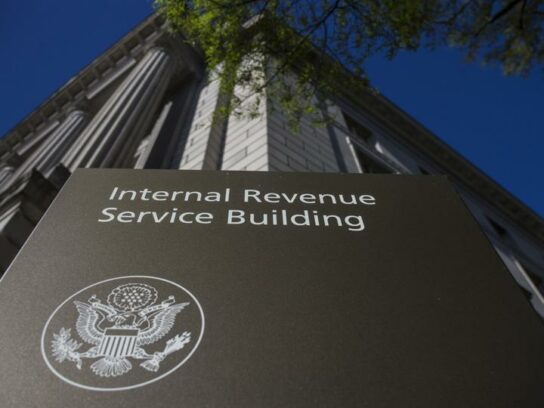
 With the tax talk out of Washington signaling higher tax rates on both earned income and investment income, investors would be wise to consider some tax moves. Higher taxes on interest income, capital gains and dividends are all under consideration.
With the tax talk out of Washington signaling higher tax rates on both earned income and investment income, investors would be wise to consider some tax moves. Higher taxes on interest income, capital gains and dividends are all under consideration.
In situations like this, it’s often prudent to move before the legislation is passed, so here are five ideas to consider to reduce investment taxes.
Revisit your asset location.
It is beneficial to put less tax-efficient assets in IRA’s and more tax efficient assets in your non-qualified accounts. For example, corporate bond interest is taxed as ordinary income when earned. Therefore, these and other taxable bonds are better suited for a tax-deferred account such as an IRA where they are sheltered from current taxation. Gains on stock investments, on the other hand, are not assessed capital gains tax until the asset is sold.
Of course, goals, risk management, and your emotional willingness to hold risk assets are the key determinants in portfolio construction, but once determined, where you hold each asset becomes critically important. To reduce current taxation, overweight stocks in your taxable accounts and overweight bonds in your retirement accounts while keeping your overall asset allocation intact. The exceptions might be high dividend paying stocks which may be suitable for a retirement plan (to shelter the tax on dividends), and municipal bonds which typically avoid any federal income taxation and therefore are better suited for your taxable account.
Consider tax-free municipal bonds.
Municipal bonds are debt instruments issued by state and local governments and their interest can be exempt from federal income tax. Municipal bond interest is typically state tax free if the bonds are issued by a jurisdiction in your state of residence. And there are situations where out of state bonds can be tax free such as for residents of the District of Columbia. Talk with your financial advisor and tax planner for your specific situation.
While municipal bonds are subject to some of the same bond risks that I previously wrote about in Forbes, they are generally considered high credit quality instruments with low risk of default.
According to Cheryl Heusser, a CPA and partner with Snyder Cohn, PC in Bethesda Maryland, “if you are a high earner, in certain situations, your after-tax equivalent yield on a taxable bond may be attractive.” Heusser explains that “as income tax rates rise for higher income earners, municipal bonds can offer favorable returns relative to a fully taxable equivalent bond.”
Consider 529 plans.
529 plans allow you to grow your funds free from both federal and state income tax if used for an approved education purpose. Of course, there are rules around what are approved expenses, but they are fairly broad. In addition, the funds can be used for someone other than the initially named beneficiary and the beneficiary doesn’t have to be your child. For example, if your child is fortunate to receive a lot of scholarship money and/or grants, and you have unspent 529 funds, you or your spouse can use this for your continuing education, or for a grandchild’s education. If you withdraw funds for a reason other than a qualified education expense, then there is a 10% penalty on your gains.
Overfund a whole life insurance policy.
Buying whole life insurance for cash accumulation is tricky and why I dedicated an entire Forbes article on this topic. Basically, the cash accumulation inside a whole life policy can be withdrawn tax-free later in life for e.g., supplemental retirement income. It is, however, very important to structure this policy with accumulation in mind which means to ‘overfund’ and contribute more than the minimum payment that covers the death benefit. Furthermore, I often advocate to fund the policy to the maximum IRS allowable amount.
Maximize your retirement plan contributions.
It almost goes without saying that maximizing your qualified retirement plan contributions or IRA is essential. Depending on your age, income tax bracket and other factors you separately have to consider whether you should make Roth or Traditional contributions. If you want the tax deduction now, then the traditional is the way to go. With the stock market at an all-time high, I think that is another factor to consider when making the Roth versus traditional decision. The last thing investors want is to pay taxes, put the money into a Roth 401(k) or Roth IRA, and then see it drop if there is a potential stock market decline.
The long reach of the taxman is getting longer. If you want to lower your tax bill there are fewer ways to do so. These investment tips can help, but increasingly, there are less ways to avoid paying what the government considers to be your fair share.



Comments are closed.